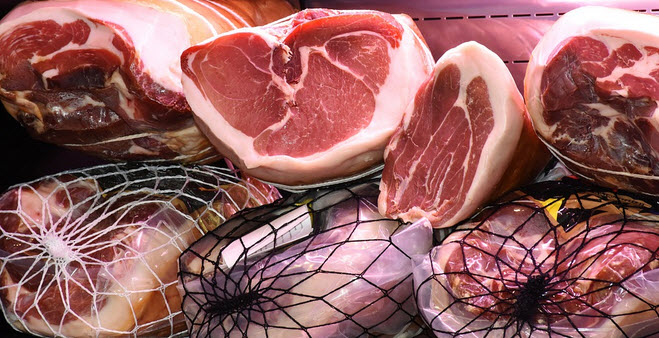
B12 deficiency – it sneaks up on you
The human liver is capable of storing larger amounts of B12. Throughout human history, our ancestors were able to survive periods of food scarcity, since they could depend on the B12 stored during more prosperous times.
The liver’s amazing capacity to store B12 is of course a great thing, but it also means that you may not notice problems with your diet or B12 absorption at first. This means that it can be difficult to understand that the diet change you embarked on two years ago is what’s causing your health problems now. After all, you have been eating like this for two years, so all these new symptoms popping up can’t be related to your diet, can they? It must be something else going on, some recent change. And so we start looking in the wrong directions, finding it difficult to interpret the clues provided by the body.
B12 deficiency
B12 deficiency is often caused by a lack of B12 intake, but can also be a sign of poor B12 absorption. Some people need to eat larger than normal amounts of B12 to stay healthy since some underlying health problem is impacting their B12 absorption. For others, simply eating more food rich in B12 wont fix the problem; they need B12 injections or oral B12 supplements containing an artificial version of B12 (cyano-cobalamin) that is easier for the body to absorb.
Warning signs of B12 deficiency
- Feeling weak
- Fatigue
- Irritability
- Depression
- Headaches
- Balance issues
- Vision issues
- Memory issues
- Issues with problem solving tasks
- Ulcers of the mouth
- Pale tongue
- Yellowish tongue
- Abnormally red tongue
- Swollen tongue
- Sore tongue
- Constipation
- The “pins and needles” sensation (paraesthesia)
- Heart palpitations
- Pernicious anaemia
Be extra vigilant if….
There are things that can increase your risk of developing B12 deficiency. By learning about the risk factors, we can be vigilant and notice the signs of B12 deficiency at an early stage.
Here are a few risk factors to keep in mind:
- A diet low in B12, e.g. a vegan diet without adequate amounts of B12 fortified products or B12 rich yeast products
- Having gone through a gastric bypass surgery
- Having had parts of the digestive system removed
- Anti-acid medication
- Certain diabetes type 2 medicines
- Excessive alcohol intake
- Cigarette smoking
- Endocrine-related autoimmune disorders, such as diabetes and thyroid disease
- Crohn’s disease and several other similar gastrointestinal disorders
- Old age
- Pregnancy or lactation
The recommended daily intake of B12 is 2.6 mgc for pregnant women and 2.8 mcg for lactating women. This is higher than the recommendation for other adults (which is 2.4 mcg). Even if you didn’t notice any signs of B12 deficiency during your pregnancy or breastfeeding period, the increased need for B12 may have depleted your B12 storage.
Absorbing B12 from food
In order to absorb B12 from food you need two things:
- Sufficient amounts of stomach acid. B12 in food is bound to protein, and stomach acid is required to break up this bond and make the B12 available for absorption.
- Sufficient amounts of a substance called intrinsic factor
Without these two, you could be devouring plates of chicken liver thrice a day and still develop a B12 deficiency because your body would be incapable of absorbing B12 from the digestive tract. One common reason behind a lack of stomach acid is persistent use of anti-acid medication.
Don’t let unwanted bacteria steal your B12
Regardless of reason, having low levels of stomach acid will make it easier for certain unwanted bacteria to proliferate in the gut; bacteria that will absorb the B12 from your food and use it for their own growth, thus depriving you of B12.
Cobalamin vs Cyano-cobalamin
Naturally occurring vitamin B12 is called cobalamin. When you enjoy a steak, some clams or a serving of liver pâté, the B12 version that you are providing your body with is cobalamin.
Cyano-cobalamin is a synthetic (man-made) version of B12. This version of B12 is easier for the human body to absorb. When a person is having problems absorbing enough B12 from the diet, a dietary supplement with cyano-cobalamin can sometimes be enough to bring the B12 levels up to a healthy point. (If not, the person will need B12 injections to bypass the gastric tract altogether.)
When processed food is fortified with B12, it is normally fortified with cyano-cobalamin instead of cobalamin.
